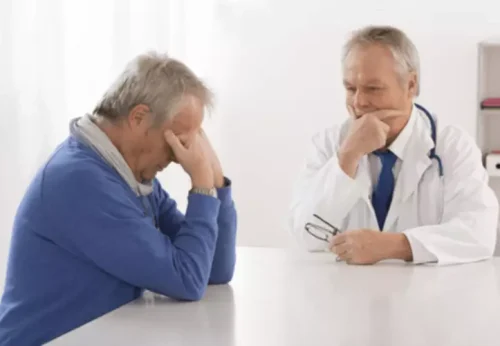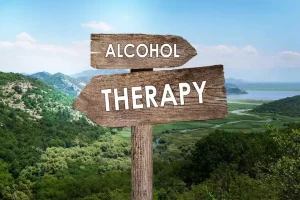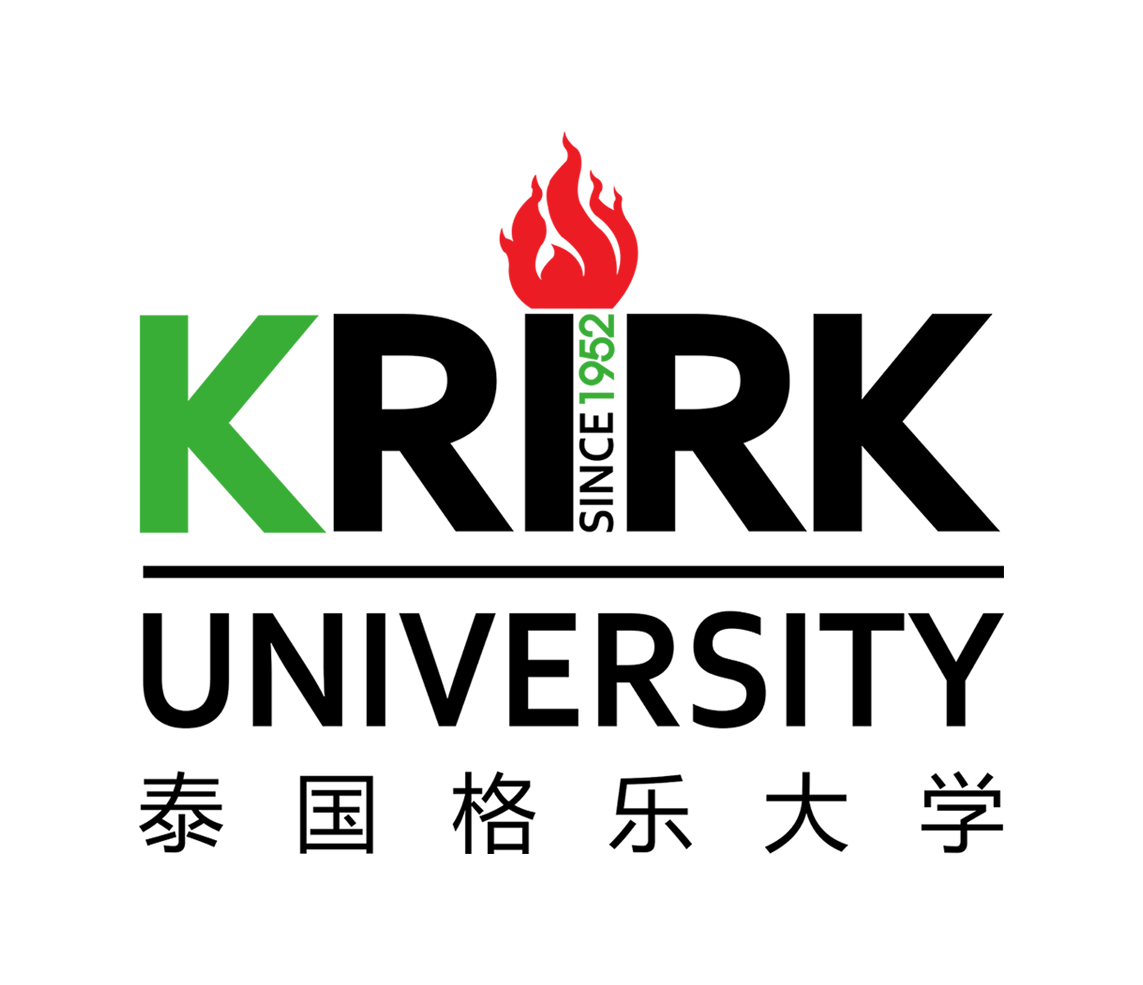03 ส.ค. Cognitive Behavioral Therapy for Relapse Prevention

Talk to your support system and healthcare providers about your personal triggers and how to manage them. Relapse Prevention is considered among the most important clinical innovations in the substance use disorder treatment and recovery field, and continues to be one of the most widely practiced. When clinicians and scientists refer generally to CBT for substance use disorder, it is often Marlatt’s RP model or some related approach to which they are referring. https://ecosoberhouse.com/ If you’re going through treatment, have developed a relapse prevention plan, and are thinking about getting into a sober living or IOP program to augment your recovery, we can help. Start by listing potential triggers, such as specific places, people, or emotions that have led you to drink or use in the past. This helps you anticipate high-risk situations and develop effective coping strategies if you have no choice but to be in those situations.
Build Your Support Network

Warning signs, on the other hand, are internal cues that indicate an increased risk of relapse. By identifying these triggers and warning signs, individuals can proactively address them and take necessary steps to maintain sobriety. A relapse prevention plan is an essential tool for individuals seeking to maintain their recovery from addiction. It helps identify potential triggers and warning signs, develop coping strategies, and build a support network.
Write Down Coping Mechanisms

Cognitive resistance weakens and a source of escape takes on appeal. This stage is characterized by a tug of war between past habits and the desire to change. Thinking about and romanticizing past drug use, relapse prevention plan hanging out with old friends, lying, and thoughts about relapse are danger signs. Individuals may be bargaining with themselves about when to use, imagining that they can do so in a controlled way.
What Are The Most Common Relapse Triggers?
- It can also be assuring to know that most people have the same problems and need to make similar changes.
- Avoidance is an excellent coping strategy if you know that you are likely to run into danger.
While some may never relapse, others may relapse several times at some point during recovery. At American Addiction Centers, we offer a 90-Day Promise that gives you 30 additional days of complimentary treatment if you relapse after 90 consecutive days at one of our facilities. Whether you are going to rehab for the first time, or have relapsed in the past, we will work with you to find the best treatment plan for you. Just as there are numerous views on human nature and multiple therapy models, there are different views on relapse prevention. Relapse prevention plans can include ways in which you hope to amend the damage addiction caused in your life.

In Relapse Prevention (RP), the clinician and patient work first to assess potential situations that might lead to drinking or using other drugs. These situations include, for example, social pressures and emotional states that could lead to thoughts about using substances, and ultimately to cravings and urges to use. You can use all this information to create a relapse prevention plan (or modify one you already have). This plan acts as a roadmap, providing strategies to prevent relapse and a clear plan for what to do if you do relapse.
Addiction Treatment Programs

Relapse Prevention Group Activities: Engaging Ways to Stay on Track


No Comments